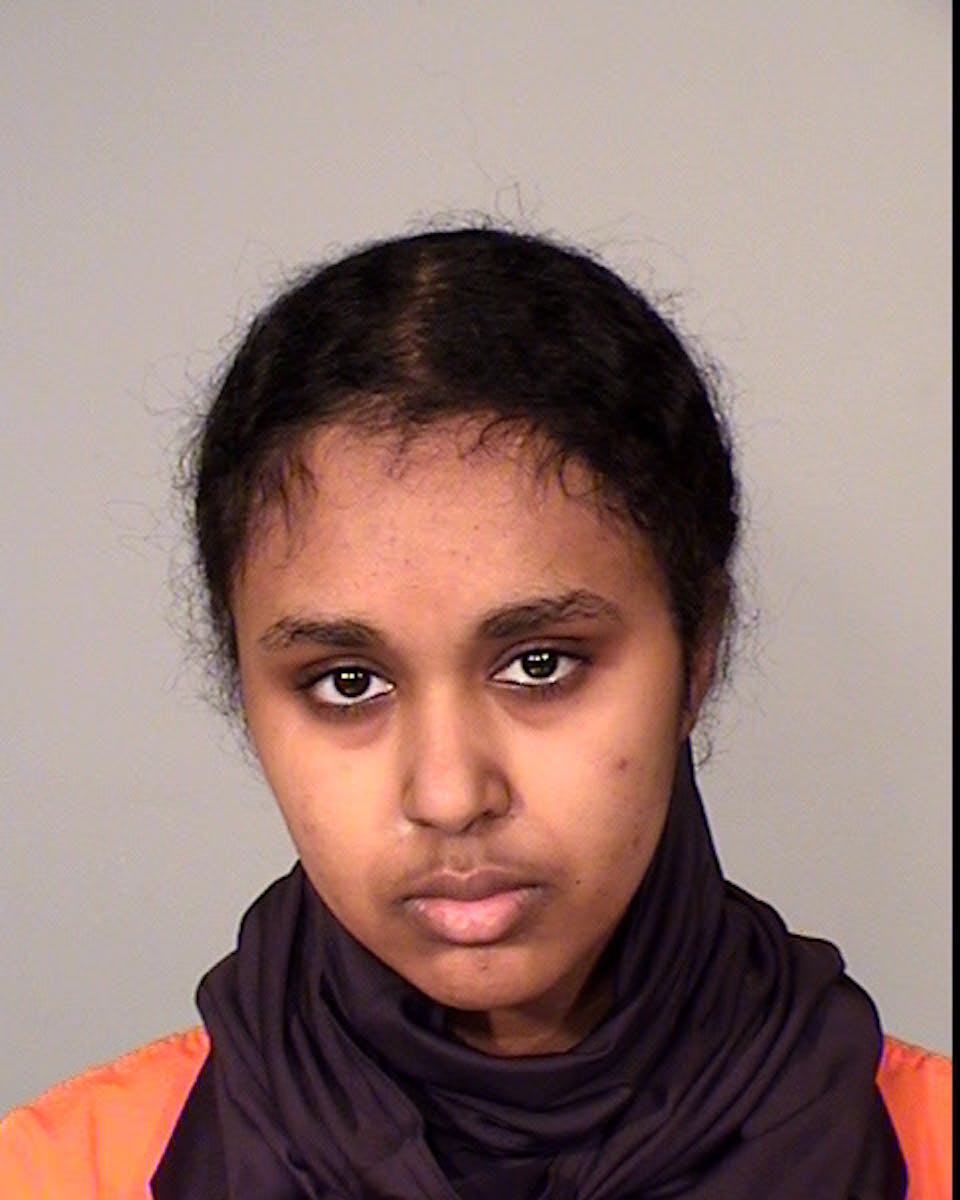A federal magistrate judge on Tuesday refused to suppress evidence seized during the FBI's investigation of a young Twin Cities woman accused of trying to support al-Qaida — including a package allegedly mailed to her home by an Islamic scholar in Malaysia whom the woman described as an influential figure.
Attorneys for Tnuza Jamal Hassan, 19, had asked that the evidence be thrown out because nine search warrant applications filed by prosecutors in recent months were too broad. But U.S. Magistrate Judge Steven Rau repeatedly returned to Hassan's own purported remarks to law enforcement when ruling Tuesday that the government provided sufficient cause to sift through her property.
Rau's order also revealed that the FBI seized a package allegedly sent from Malaysia to an apartment Hassan shared with her mother. An apartment manager contacted federal agents after finding the parcel, which was received shortly after Hassan's arrest became public. According to court papers, the package had a return address bearing the name of Imran N. Hosein, a sheikh allegedly described by Hassan to law enforcement as being among the "sources of information for the development of her religious beliefs."
An FBI agent wrote in search warrant affidavits that Hassan had said Hosein's discussion of the Taliban and al-Qaida "contributed meaningfully" to her desire to join the terror group. Hosein's name also appeared "frequently" in the web search history of a laptop Hassan abandoned in September 2017 before she boarded a plane overseas. Hassan made it to Dubai by way of Amsterdam, but she was turned away from continuing on to Kabul because she lacked a visa.
All but one of the government's nine search warrant applications remain sealed, and it is unclear what authorities found in the package that was addressed to Hassan. The contested search warrants also included scans of two cellphones, Hassan's laptop and Gmail and YouTube accounts.
Hassan has been in custody since allegedly setting a series of small fires across St. Catherine University, a Catholic university for women in St. Paul, where she previously attended classes. Authorities say Hassan admitted to trying to join al-Qaida when questioned by federal agents in September. She later told police that she set the fires at the St. Paul campus in an effort to kill Americans as "jihad," citing her failed travel attempts as motivation to seek another way of supporting al-Qaida.
On Tuesday, Rau ruled that the government's search-warrant applications detailed probable cause — including Hassan's statements — and appropriately outlined what criminal activity it sought evidence for when conducting the searches.
Much of what agents uncovered remains closely held, but previous disclosures in the case include a list of ingredients for a pressure-cooker bomb and schematics for St. Catherine University discovered on a cellphone taken from Hassan after her January arrest. Authorities say Hassan told officers that they were lucky she did not know how to build a bomb and that the fires were reprisals for U.S. military aggression in the Middle East.
According to court papers, Hassan told the FBI after her January arrest that she followed "Osama bin Laden's ideologies and aspires to join al-Qaida." She added that "American military forces are killing Muslims, so Muslims are allowed to kill Americans." If she couldn't leave the country, Hassan told agents, "she will continue her violent jihad in America."
Hassan is charged with attempting to provide material support to foreign terrorists, arson and false statements to federal agents for allegedly lying about authoring a "radical Islamist recruitment letter" to two fellow female Muslim students in March 2017 when first approached last year. She has pleaded not guilty and is awaiting a trial date that has yet to be set.
Stephen Montemayor • 612-673-1755
Twitter: @smontemayor

Baseball Metro Player of the Year packs up his five tools and leaves

Prep baseball 2024: 35 Minnesota stars who the recruiters covet
Police searching for St. Paul home intruder who raped, robbed woman

Friend heard money, relationship woes from man tied to Chanhassen killing who took his own life

